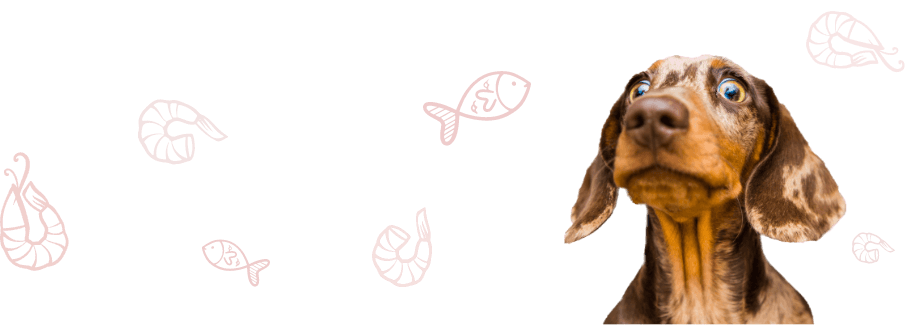Overview
Yes. Hard cheese is low in lactose and rich in protein and calcium, making it a nutritious treat for dogs when served in small amounts. However, its high sodium content means it should be given only occasionally, as excessive intake can lead to kidney or heart problems.

